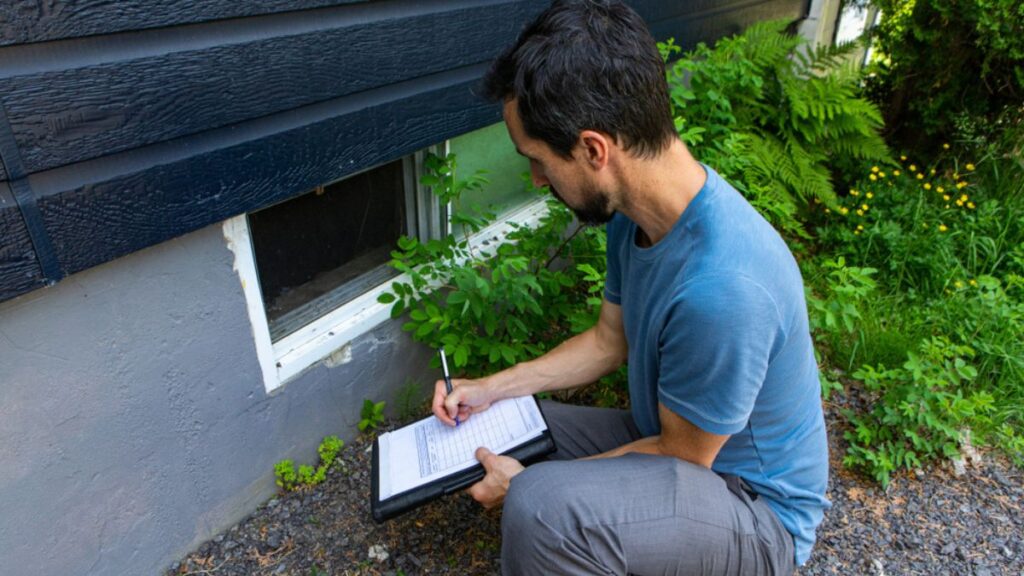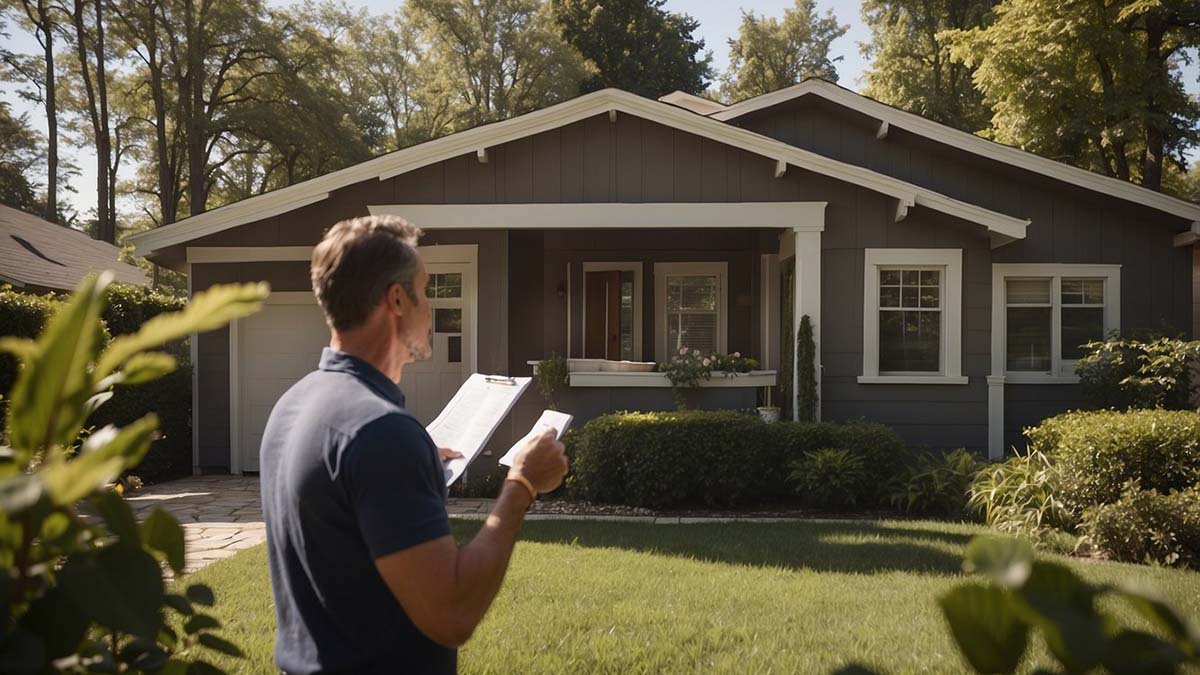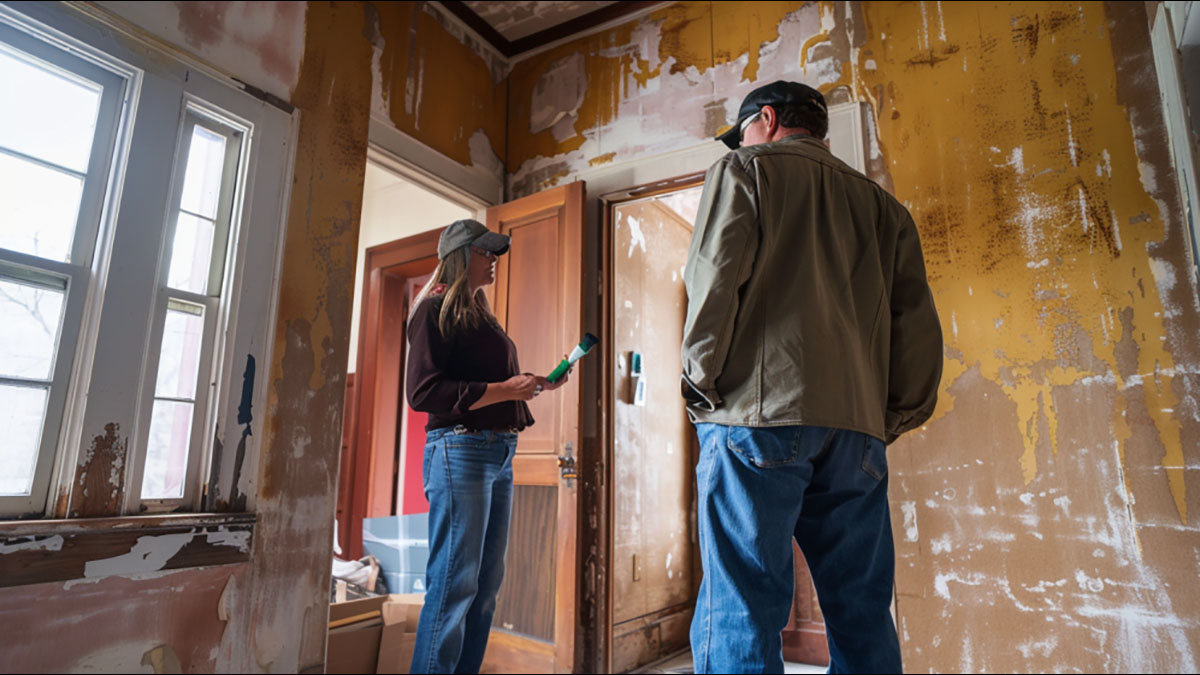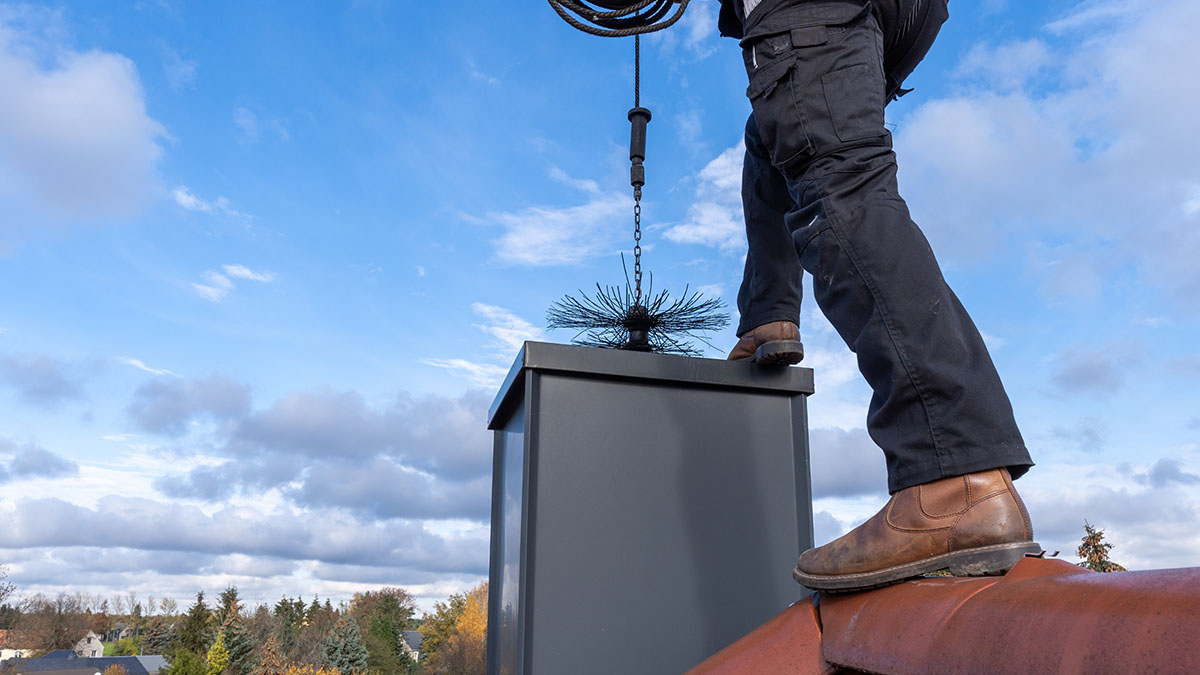From a legal standpoint, there are no mandatory repairs a seller must make. A seller can refuse repairs for many reasons, including not having the money, not wanting to spend the time, or simply feeling that the repair is unimportant. Often, when a seller is unwilling to make repairs, the home is for sale “as-is.”
However, some common repairs may be required by lenders or buyers may insist on for the sale to proceed. These often include serious health, safety, and structural issues, such as water damage, roofing, electrical, and plumbing problems.
The responsibility for these repairs is usually subject to negotiation between the buyer and the seller. While sellers are not legally mandated to make repairs, they may choose to address the issues or offer the buyers a credit to cover the costs.
A prospective buyer has the right to negotiate with your seller and make them aware of any potential safety concerns associated with an issue. Sometimes, a seller may be more inclined to make repairs if informed of the potential danger. Ultimately, it is up to the buyer and seller to agree on what repairs are necessary before closing.

Major Issues Found During a Home Inspection
Let’s delve deeper into home repairs after a home inspection. Remember, the home inspector isn’t looking for code violations, only major repairs and safety issues. These major issues require immediate attention for their safety, functionality, and longevity.
Structural Issues
Structural issues are problems that affect the core of your home – the foundation, crawl spaces, walls, and ceilings. These defects can range from minor cracks in the walls to significant shifts in the foundation.
When such problems are identified in a home inspection report, they demand immediate attention. Ignoring them could lead to more severe problems, including costly repairs and decreased property value.
Foundation issues might seem insignificant initially, but they can allow water to seep into the basement, leading to water damage and mold growth. Similarly, a sagging ceiling could indicate a problem with the roof structure or water damage from a leaky roof.
A basement floor crack could cause a radon leak, putting the future buyer’s health in jeopardy,
Roofing Problems
The roof is your home’s shield against the elements, so any issues here must be taken seriously.
Common roofing problems include:
- Missing or damaged shingles
- Roof leaks
- Improper flashing
Missing shingles can expose the underlayment to the elements, leading to active leaks and water damage. Improper flashing around chimneys or roof vents can also lead to leaks, damaging your home’s interior and causing water damage and mold growth
Plumbing Issues
Plumbing issues range from leaky faucets and slow drains to outdated water heaters or systems. While some plumbing issues might seem minor, they can lead to significant water damage over time. Plus, they can be a sign of more serious underlying problems.
A slow drain might indicate a plumbing system blockage, while persistent plumbing leaks could point to corroded pipes. Gas leaks are another safety hazard that would be one of the mandatory fixes for a seller.
Electrical Issues
Electrical system defects are a serious safety concern. Electrical hazards can range from outdated wiring, old electrical panels, or overloaded circuits, increasing the risk of electrical fires.
Outdated wiring might not handle modern appliances’ electrical load, leading to overheated wires and potential house fires. Overloaded circuits can cause circuit breakers to trip frequently, disrupting your home’s power supply.
HVAC System Malfunctions
HVAC system malfunctions can lead to uncomfortable living conditions and high energy bills.
Common issues include:
- Inefficient HVAC operation might cause you to struggle to maintain a comfortable temperature in your home, leading to higher energy bills.
- Outdated systems will require frequent repairs and still not perform optimally.
- Poor maintenance can shorten the lifespan of the HVAC system.
Safety Hazards
Safety repairs can include everything from missing smoke detectors to high radon levels. These hazards pose a direct threat to the well-being of the home’s occupants and should be addressed as a top priority.
Missing smoke detectors can leave occupants vulnerable in a fire, while high radon levels, a radioactive gas, can lead to major health issues over time. Addressing these issues promptly can ensure a safe and healthy living environment for you and your family.
Negotiating Repairs After a Home Inspection
You’ve completed the home inspection and received the report. Now, after a home inspection, you’re faced with a list of mandatory fixes that must be addressed. What’s the next step? It’s time to negotiate repairs.
Negotiating repairs after a home inspection is a delicate process. It requires a balance between addressing necessary fixes and understanding what’s reasonable to request.
Unlike FHA or VA-type loans, buyers with conventional loans do not require any repairs to be made.
Here’s how you navigate this process:
1. Understand What’s a Reasonable Repair Request
Not all issues identified in a home inspection report must be fixed by the seller. Cosmetic repairs are typically not the seller’s responsibility. However, reasonable repair requests that include major issues like structural defects, safety hazards, or problems with the roof, plumbing, electrical, or HVAC systems are often up for negotiation.
Unreasonable repair requests would include aesthetic issues, minor defects, or matters of taste or preference because they aren’t mandatory fixes after a home inspection.
2. Prioritize Major Issues
Focus on the big-ticket items affecting the home’s value and future living conditions. Minor issues can often be fixed quickly once you move in, but major problems can cost significant money and time to repair.
3. Prepare a Repair Request
Prepare a repair request once you’ve identified the issues you want the seller to address. The list of repairs should identify the problems and proposed solutions, including estimates from professionals to back up your requests, which is often beneficial.
The repair amendment outlines the repair requirements and needs to be signed by the current seller and buyer.
4. Be Ready to Compromise
You may think mandatory fixes after a home inspection exist, but almost everything is negotiable. Remember, negotiation is a two-way street.
The seller might not agree to all your requests, and that’s okay. Be ready to compromise and consider other solutions, such as a purchase price reduction or a repair credit at closing.
5. Consult with Your Real Estate Agent
Your real estate agent can advise you on the mandatory fixes after a home inspection, help you prepare the repair request, and negotiate on your behalf.
Remember, negotiating repairs after a home inspection aims to ensure that you’re getting a fair deal and that your future home is safe and sound. With careful consideration and effective negotiation, you can achieve a satisfactory outcome.
Home Inspection Contingency
A home inspection contingency is a clause in your purchase agreement that allows you to renegotiate or even back out of the deal based on the home inspection results. Here’s what you need to know about it.
1. What is a Home Inspection Contingency?
A home inspection contingency in your real estate deal allows you to request repairs, negotiate a lower price, or cancel the contract if the home inspection reveals significant problems. It protects you from being locked into a purchase even when major issues are discovered.
According to Michigan State University, your purchase agreement should state that the sale is contingent on the home passing inspection.
The home inspection contingency isn’t a green light to getting mandatory fixes after a home inspection. Still, it offers you legal options you wouldn’t usually have in an “as-is” real estate transaction.
2. Why is it Important?
Without a home inspection contingency, you could be obligated to purchase a home even if the inspection uncovers serious issues. The contingency allows you to negotiate or walk away if the house doesn’t meet your expectations.
3. How Does it Work?
Once the home inspection is completed, you’ll have a set period (typically 10 to 14 business days) to review the findings, request repairs, or negotiate a new deal. If you and the seller can’t reach an agreement, the contingency allows you to withdraw from the contract without penalty.
4. Seek Professional Advice
Your real estate agent can guide you through including a home inspection contingency in your contract and help you understand its implications. It’s also good to consult a real estate attorney to protect your interests.
Related Reading: 7 Red Flags to Walk Away After a Home Inspection







